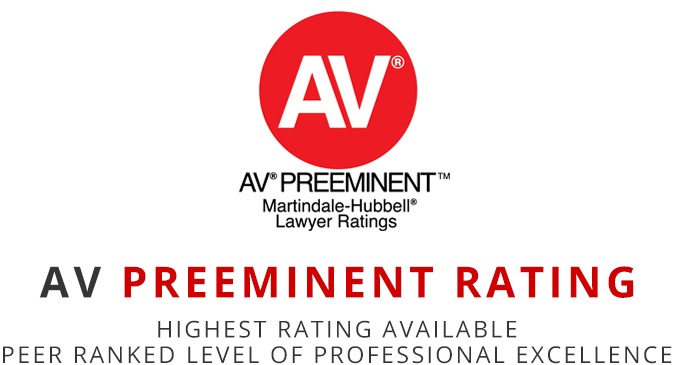When someone hurts you in an auto wreck and you require medical attention, bills can be substantial. Just the bill for being transported from the scene of the accident to the emergency room will usually run at least $500. The emergency room bill for solely evaluation after a wreck can run $4000 and higher. When advanced diagnostic imaging is required, such as a CAT scan, the bill can run over $15,000.00. If treatment is required, particularly an injury such as a broken bone, the bills can be quadruple the amount of the Emergency Room evaluation. An injury requiring ICU and/or surgery can run into the six figures. It is important to know what insurance coverage is available to help cover medical bills and compensate for damages like pain and suffering.
In South Carolina, all drivers are required to have insurance coverage for anyone they might hurt up to at least $25,000.00 (usually termed "liability" coverage). Drivers are not legally required to cover themselves, though the majority of drivers to have insurance for their own potential injuries not associated with another driver (usually called "collision" coverage). In addition to that coverage, most drivers will choose to cover themselves with "uninsured motorist" (UM) coverage, in case the other driver does not have insurance coverage. along with UM coverage, most will also have associated "underinsured Motorist" (UIM) coverage, in case the amount of damages exceeds the other drivers liability limits.
When the other driver, who is liable for hurting you, is uninsured, your own UM coverage will cover you up to the amount of the UM coverage. That will be up to your own liability coverage, so if you choose "minimum limits" of $25,000, that is the amount of coverage available for UM. Additionally, if the other liable driver is underinsured for the damages he caused, your own UIM coverage will exceed his liability coverage up to those limits. Those limits will be up to what you have for liability coverage.
What becomes important to understand is when damages exceed both liability and UIM coverage. In South Carolina, policy owners are then allowed to "stack" policies for their other vehicles insured by that policy. Therefore, if the hurt driver has 3 vehicles under the policy, with UIM limits of $25,000, he will have a total of $75,000 in UIM coverage in addition to the other driver's limits.
One important coverage available to someone hurt in a wreck is "resident relative" coverage. If someone is living with an immediate family member who has insurance coverage at the time of the accident, the hurt individual will likely be covered under the covered family member policy. This is important for those who were uninsured at the time they were hurt and the liable driver is also uninsured.
If the at fault driver is uninsured, the hurt party may still sue the driver over the damages caused in the accident. The at fault driver could be found liable by the court and/or jury and have a judgment rendered. At that point, they must pay the judgment, but usually a driver without insurance is also unable to personally pay a judgment. That would leave the injured party stuck with the damages, and the reason for uninsured motorist coverage.
Always look for all available ways to cover injuries.

















